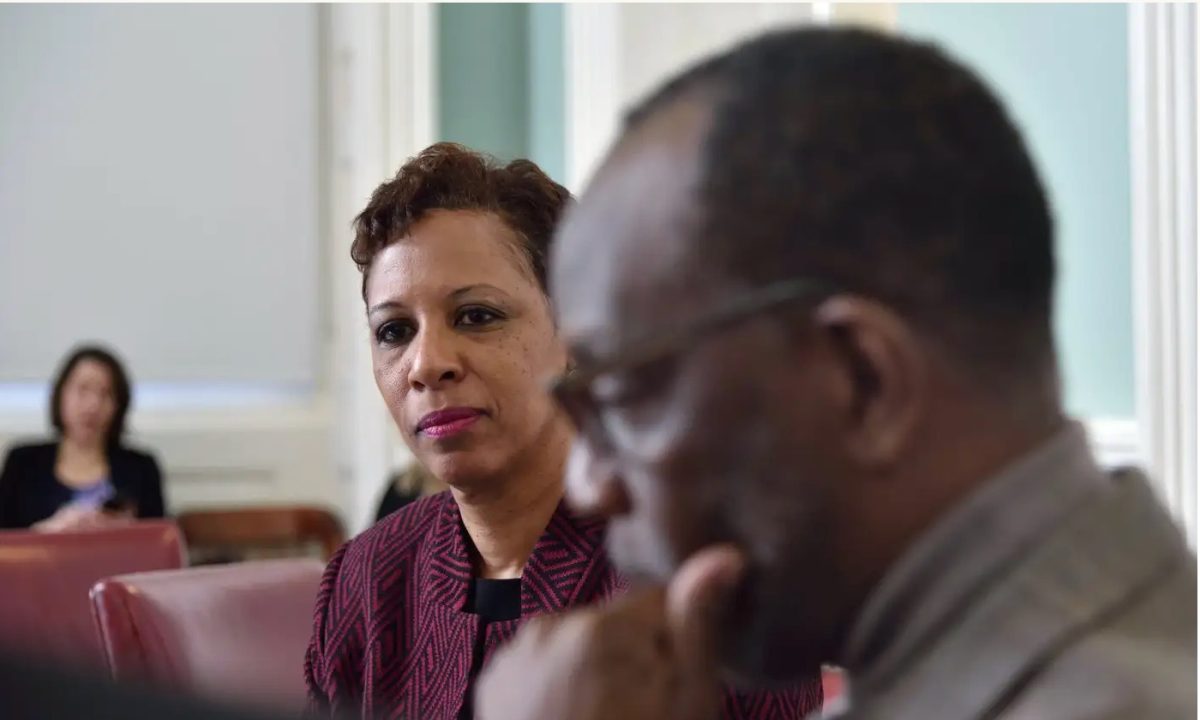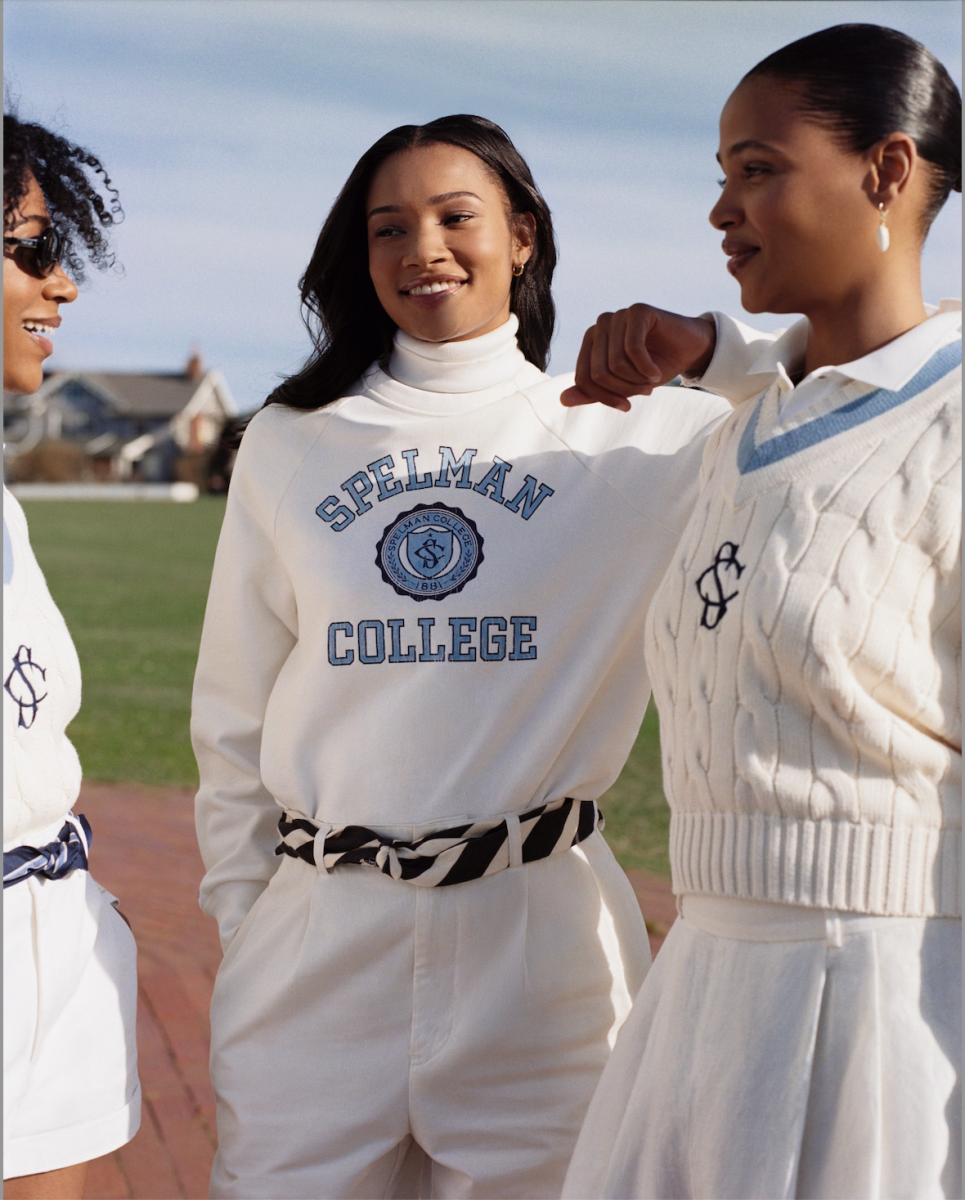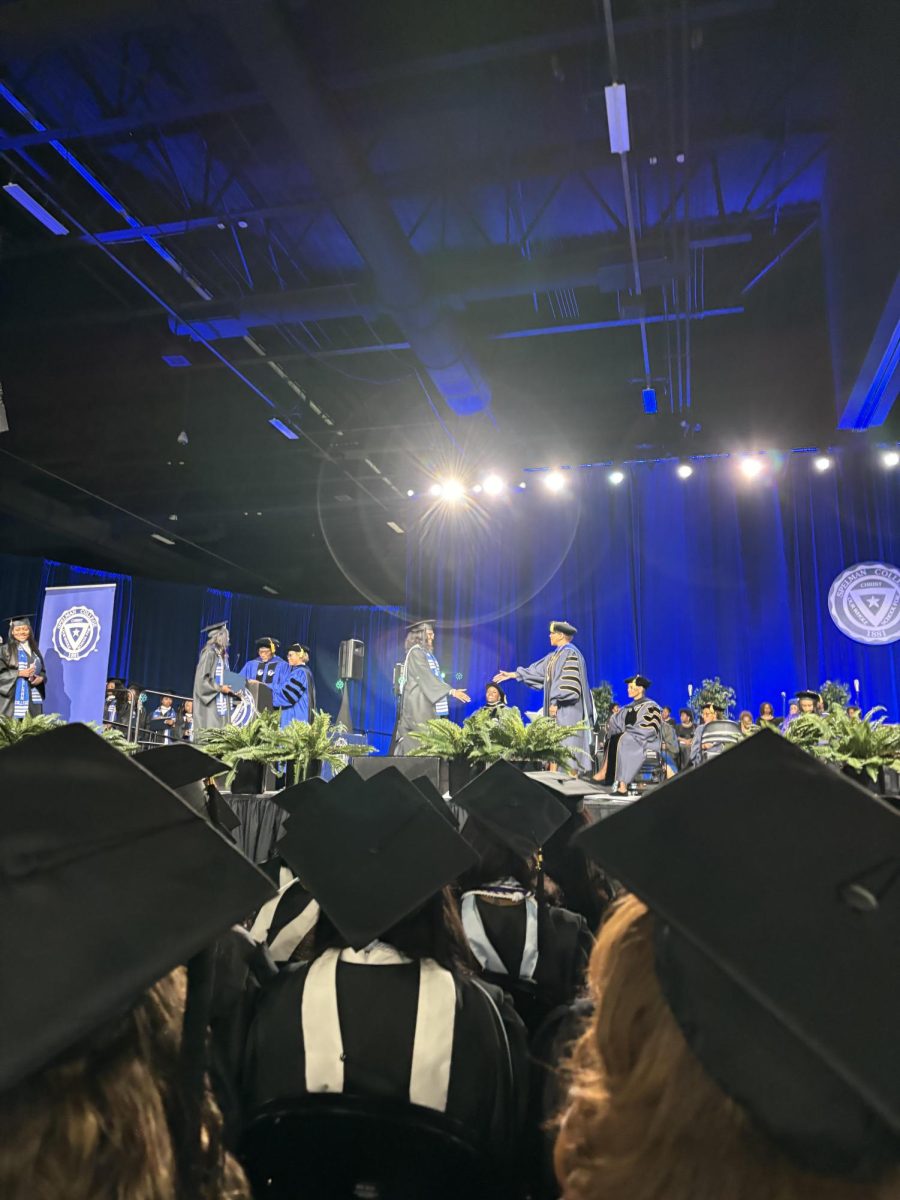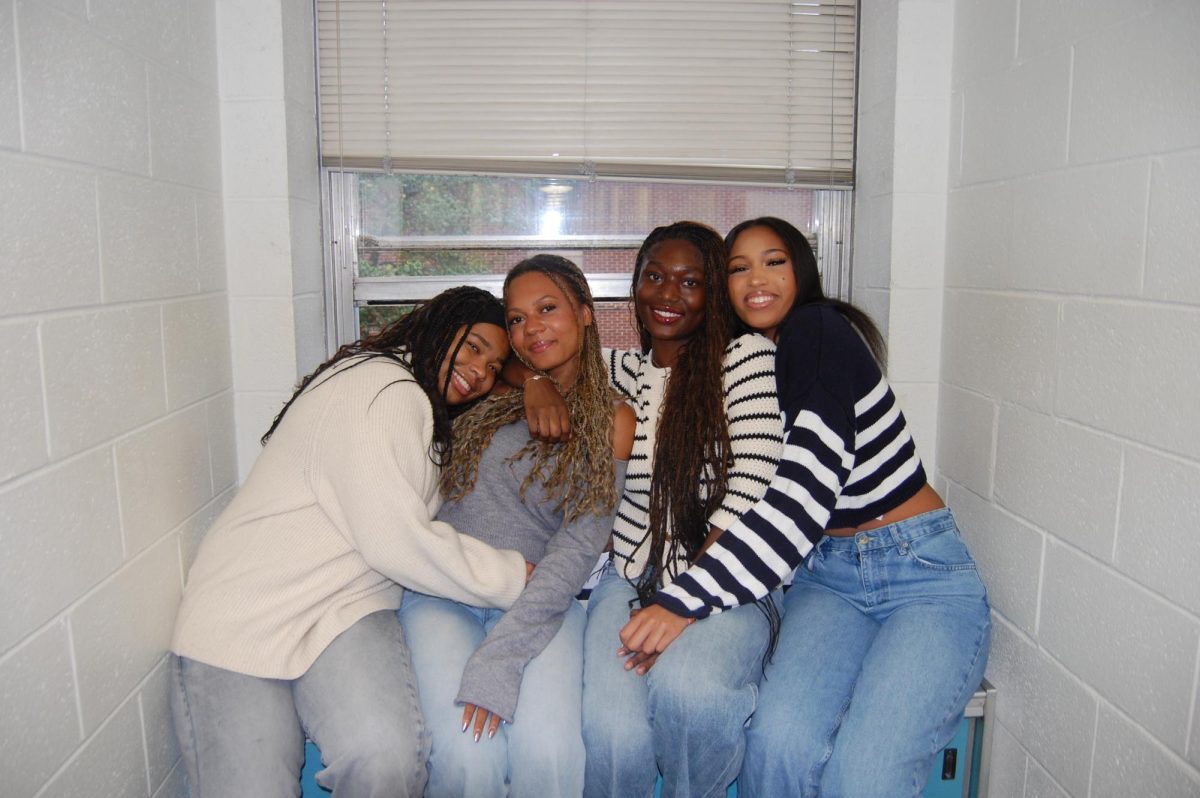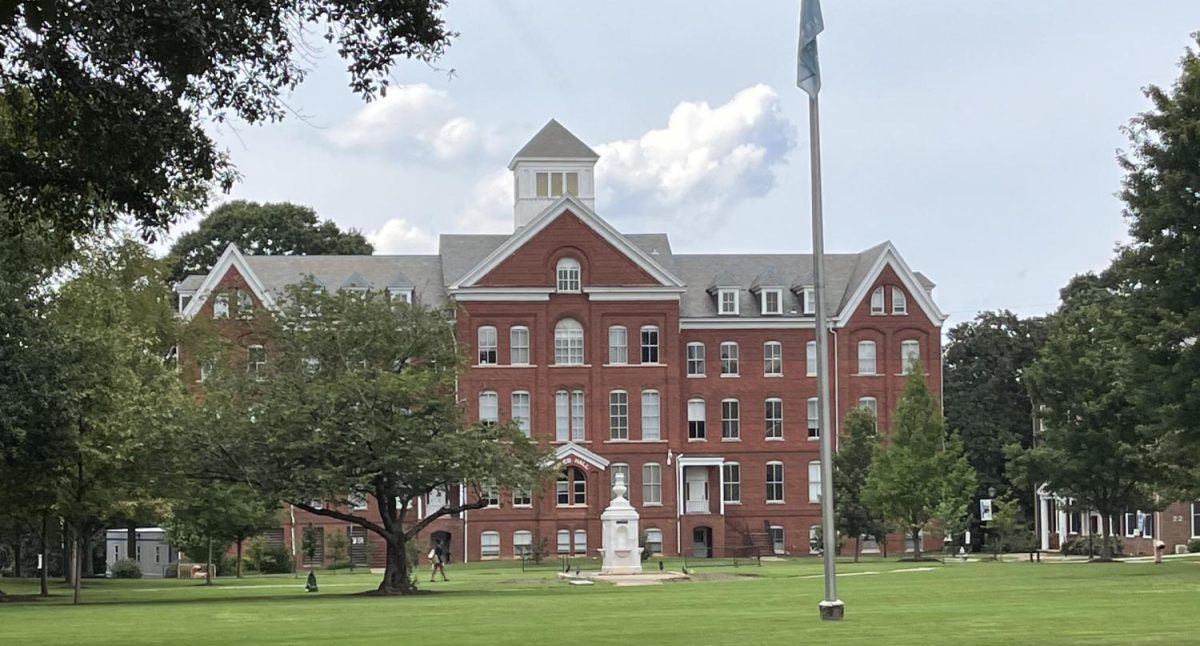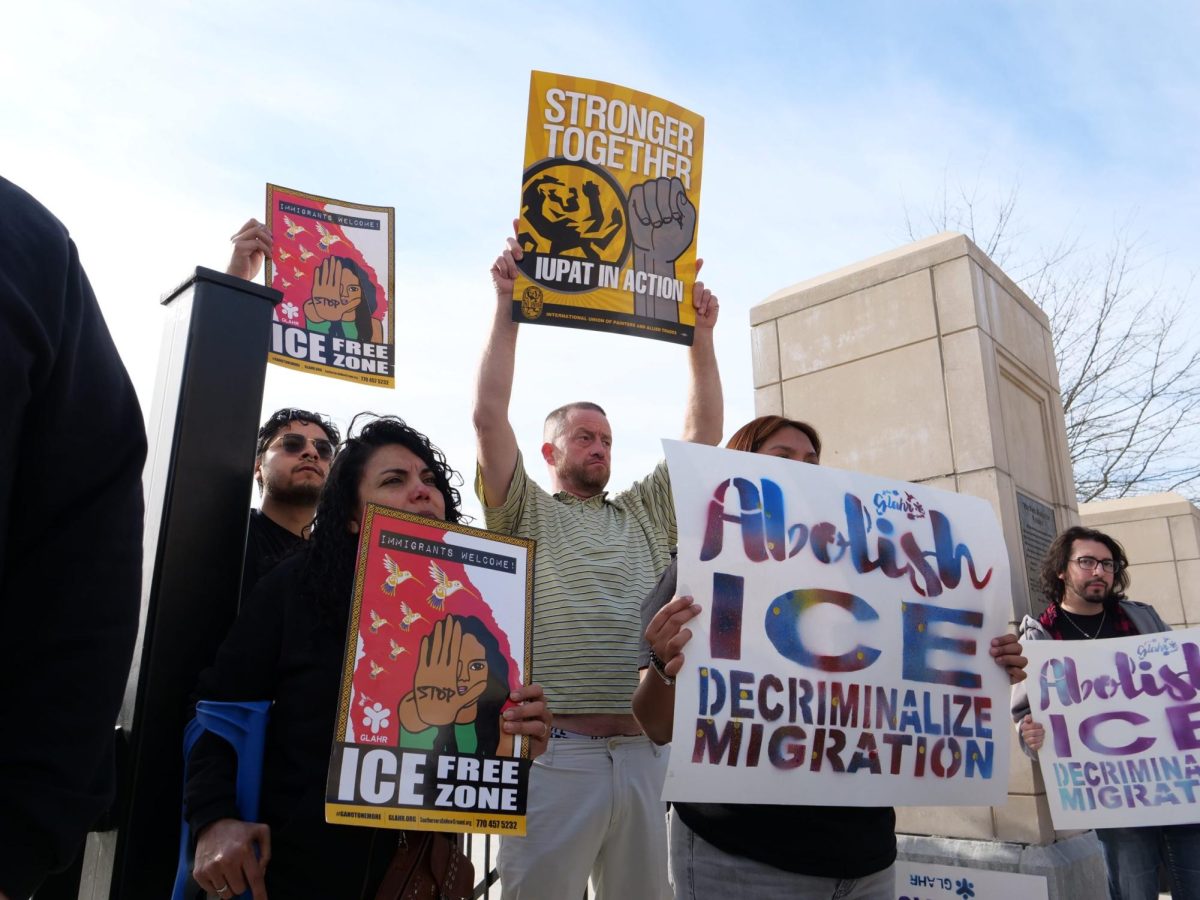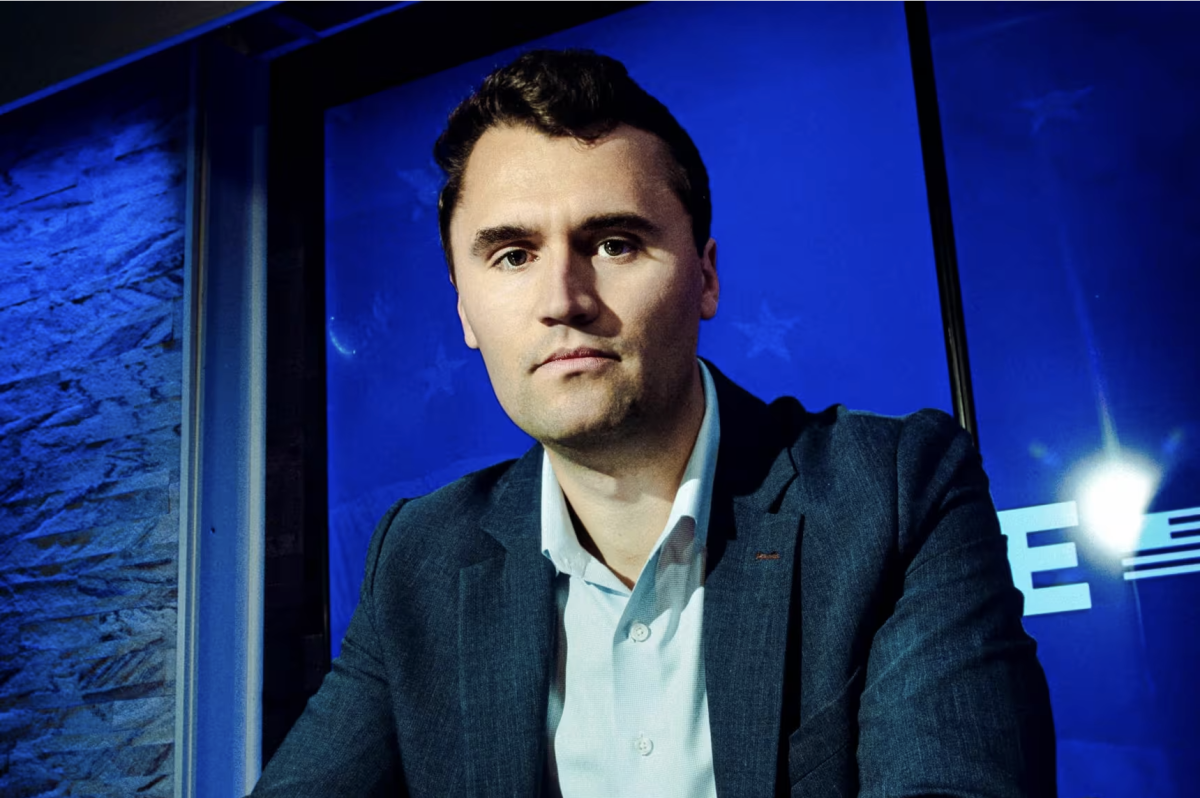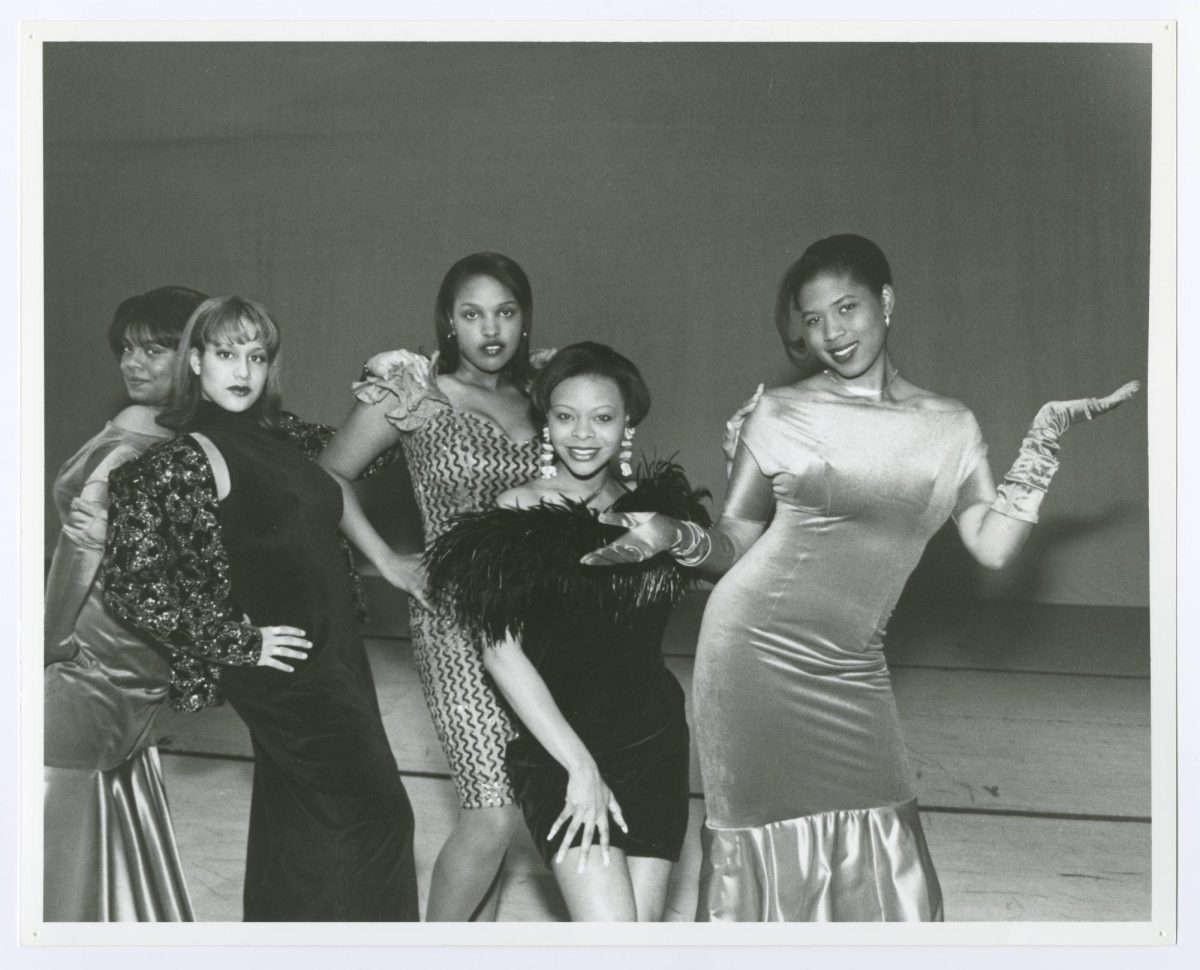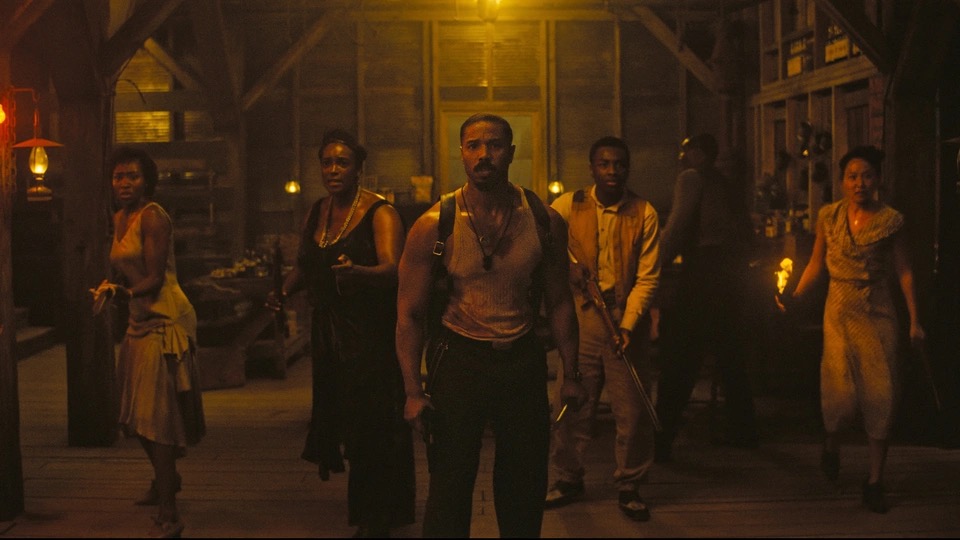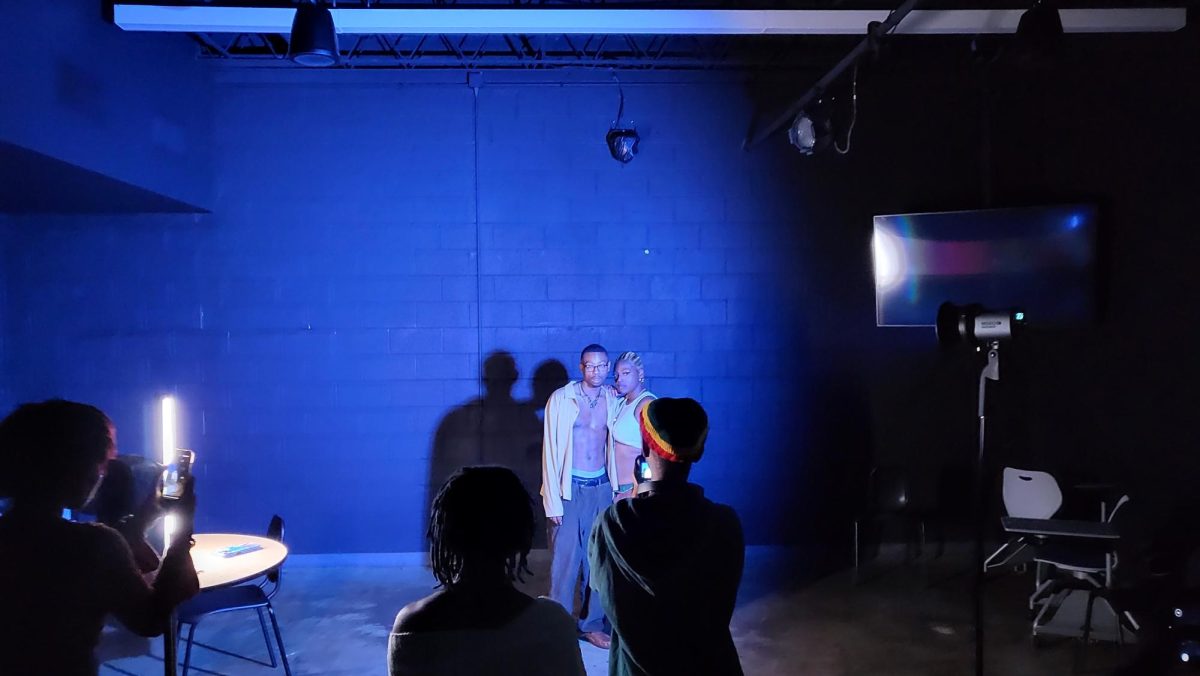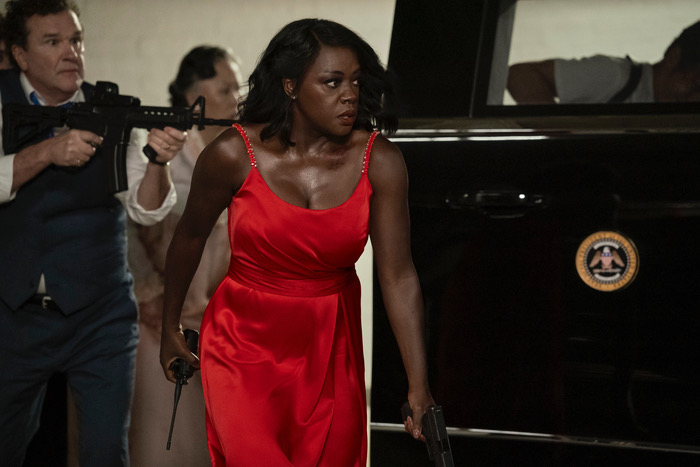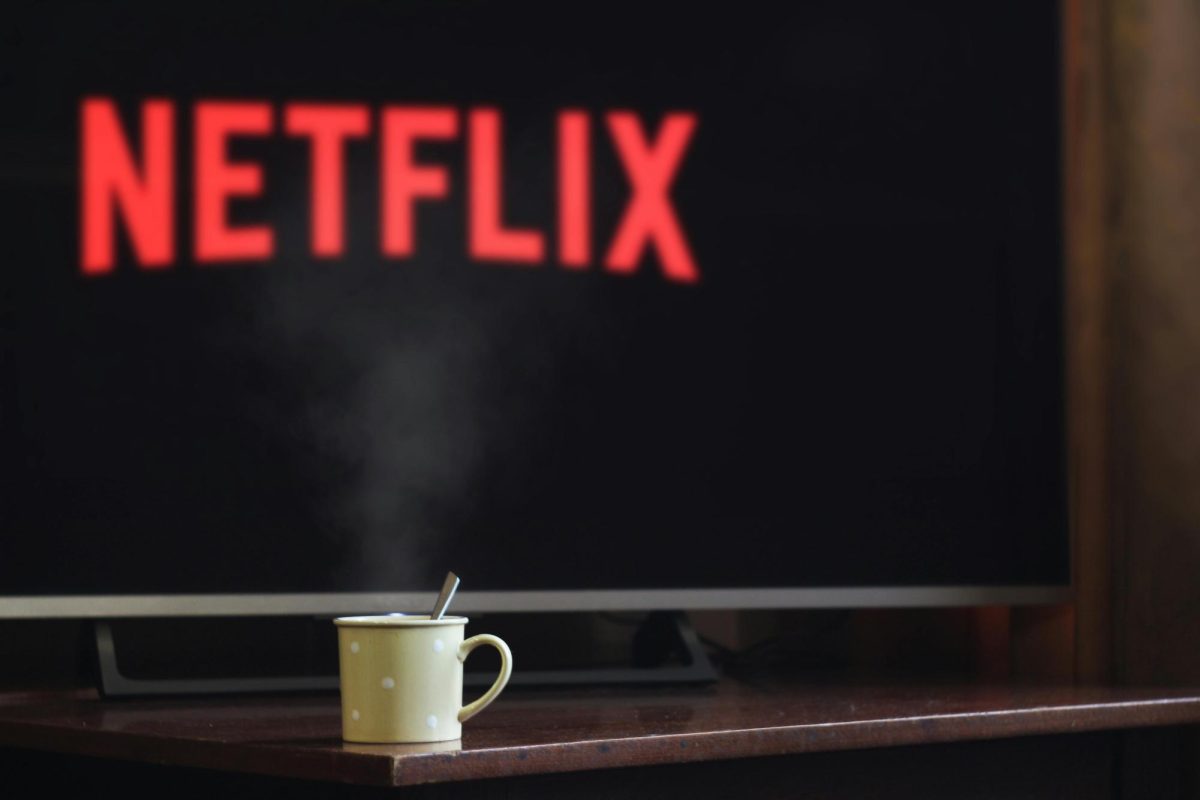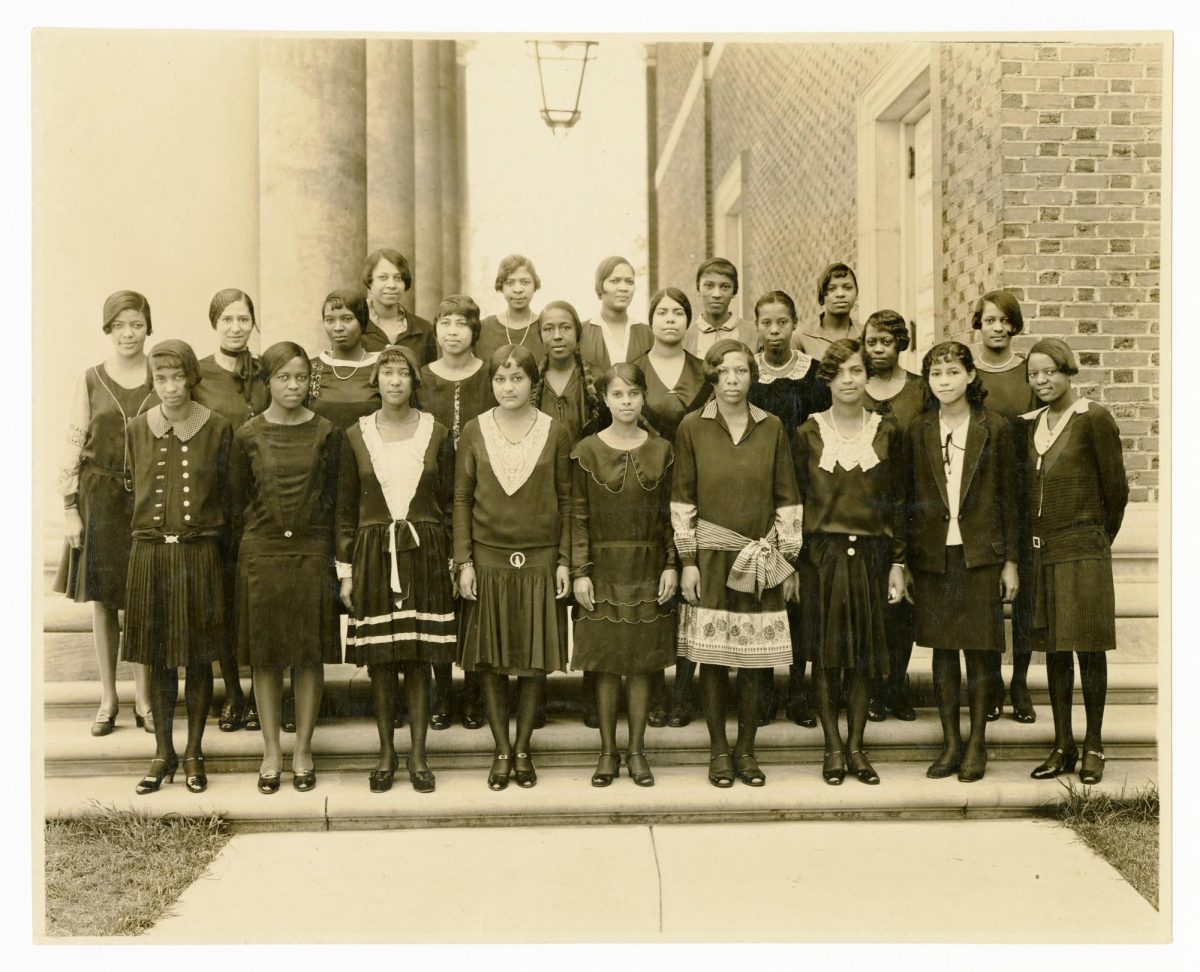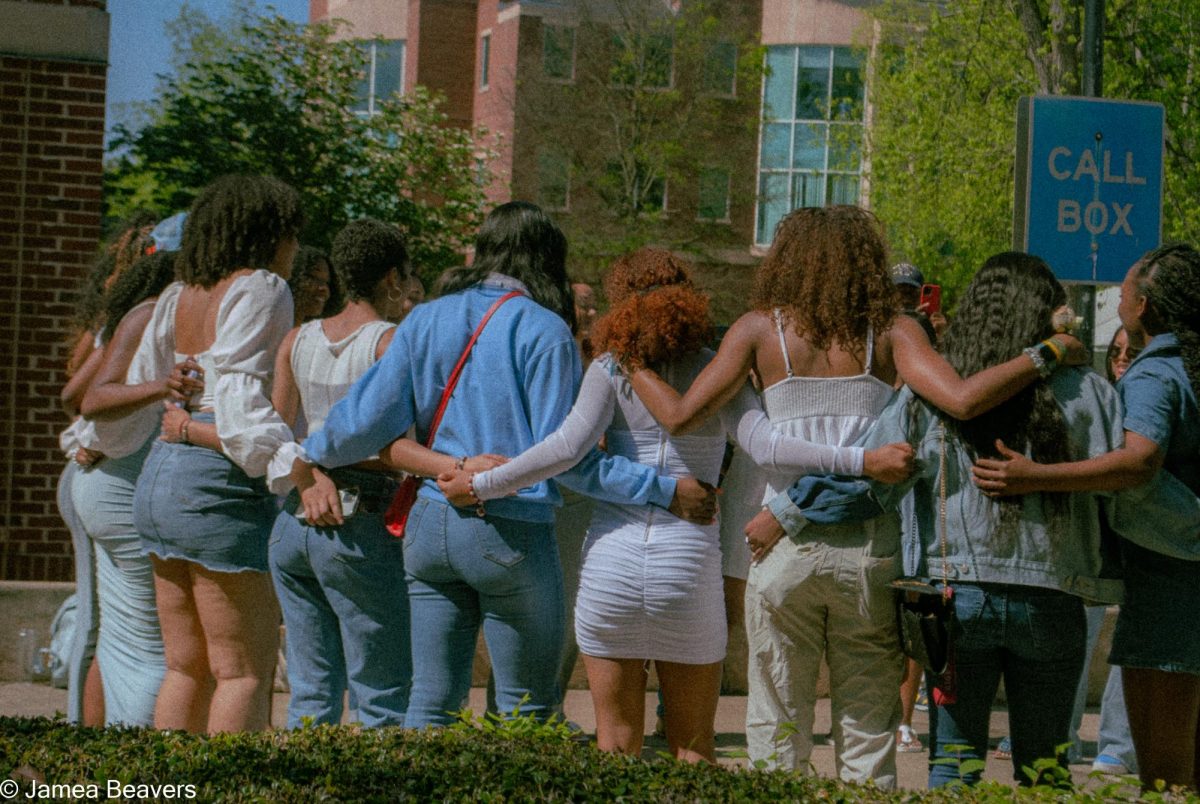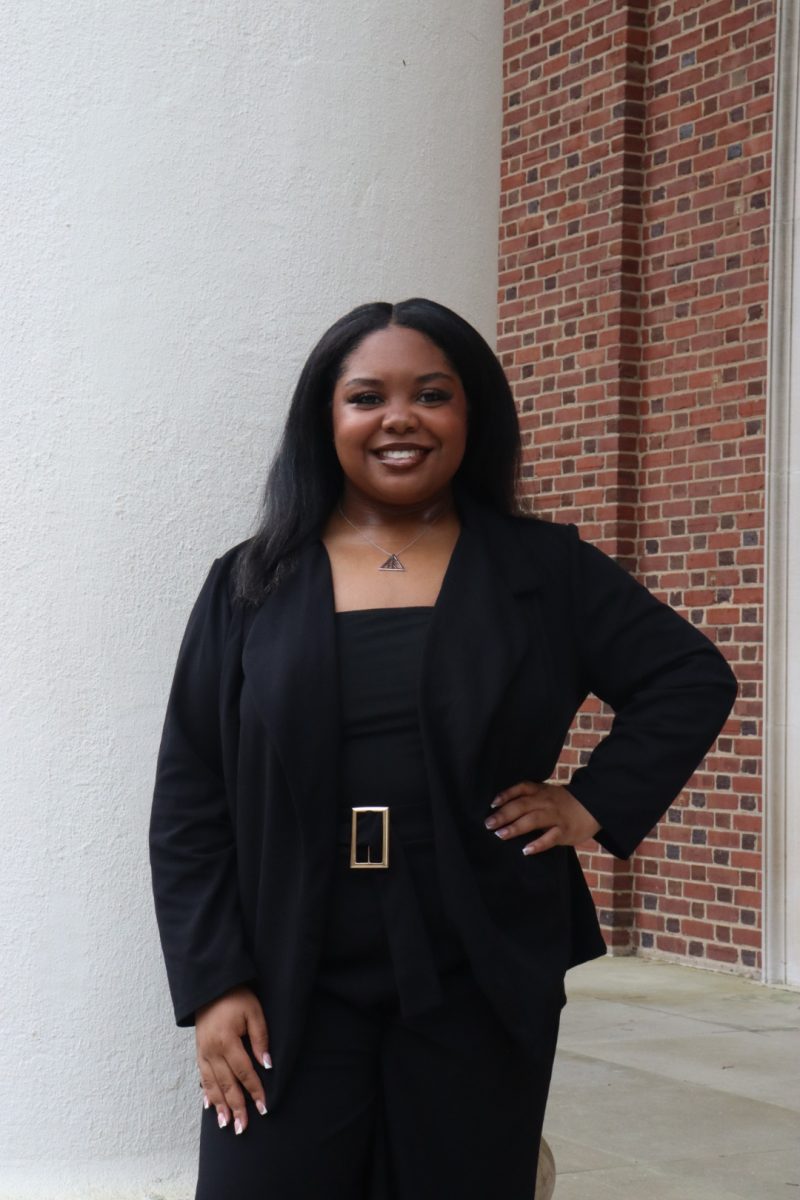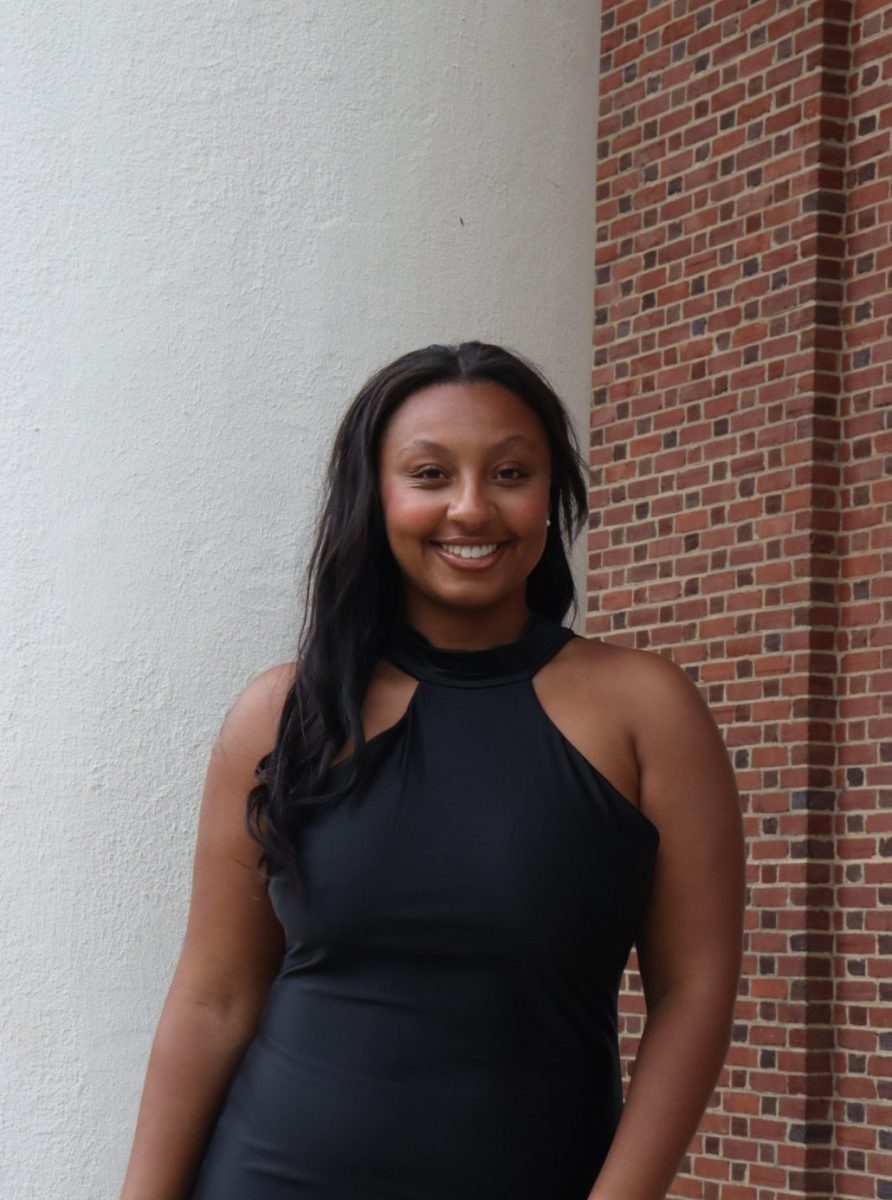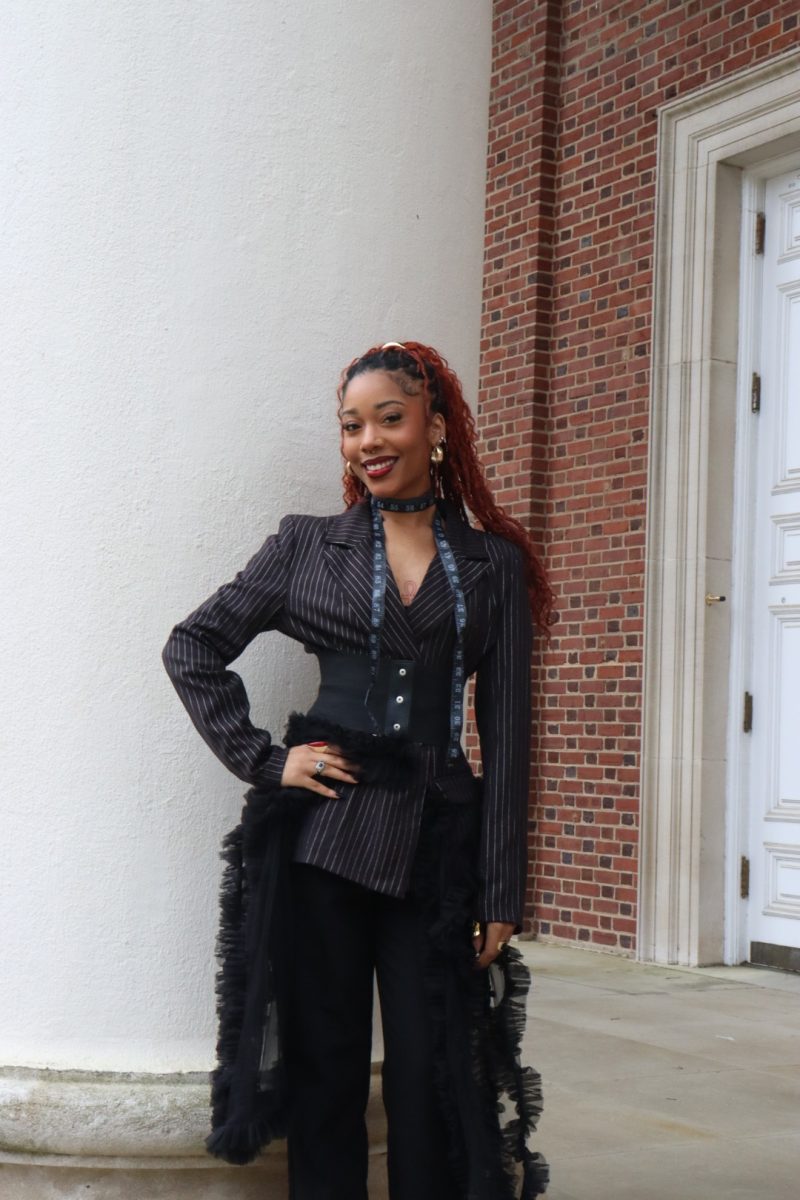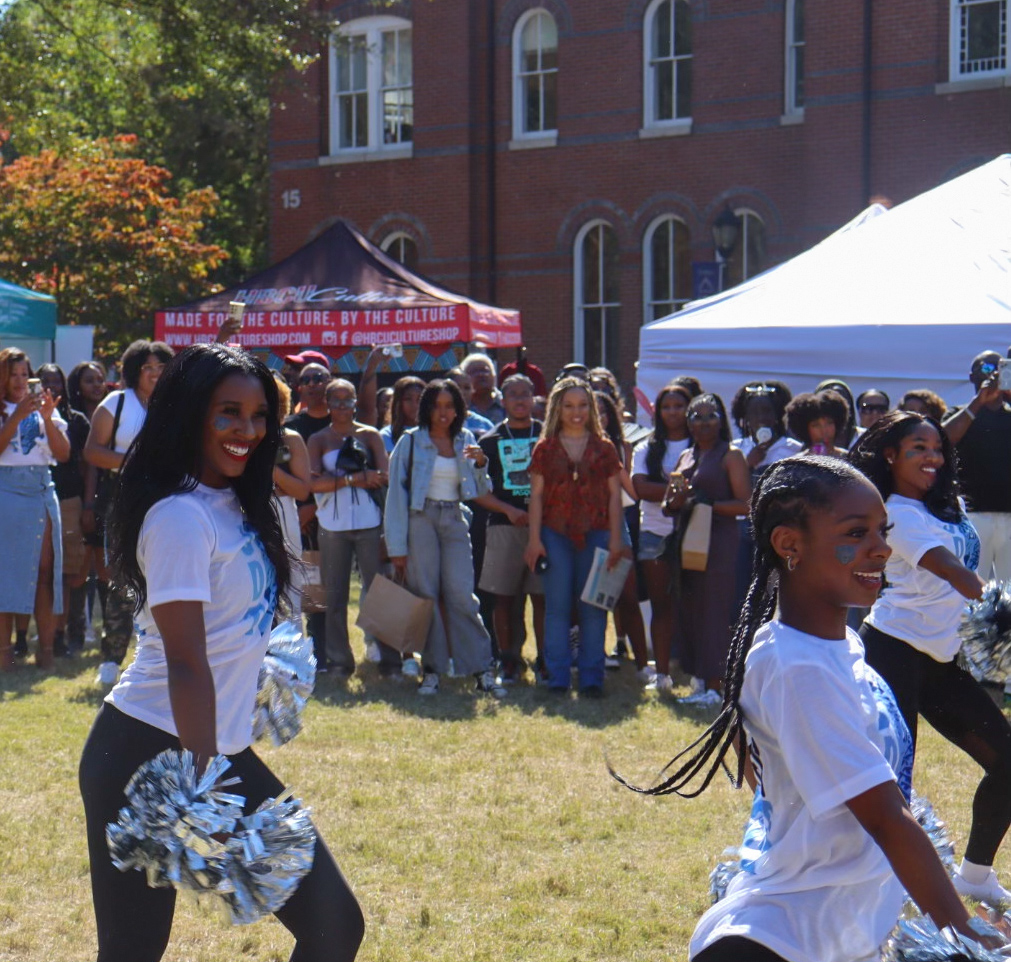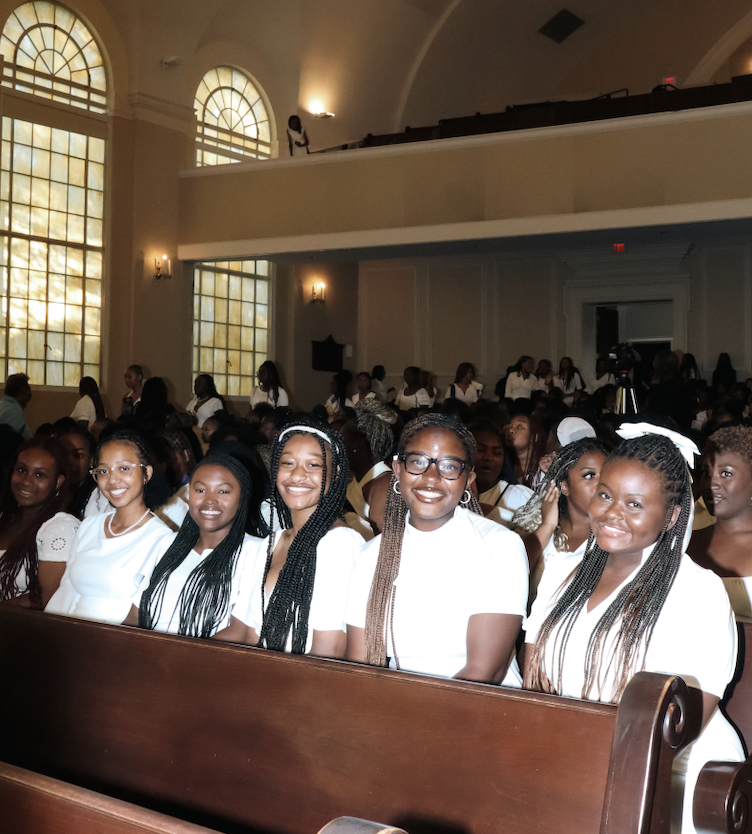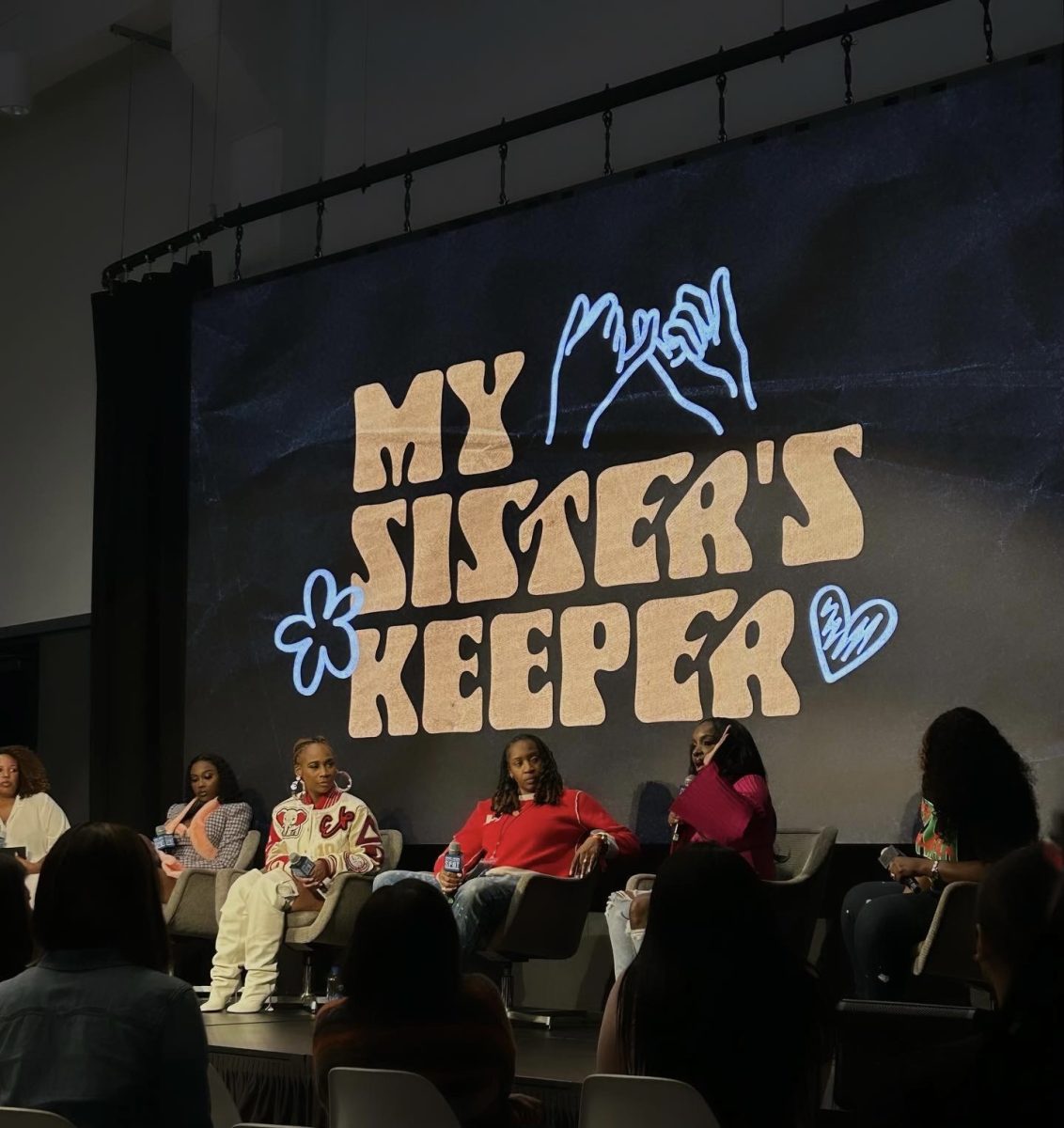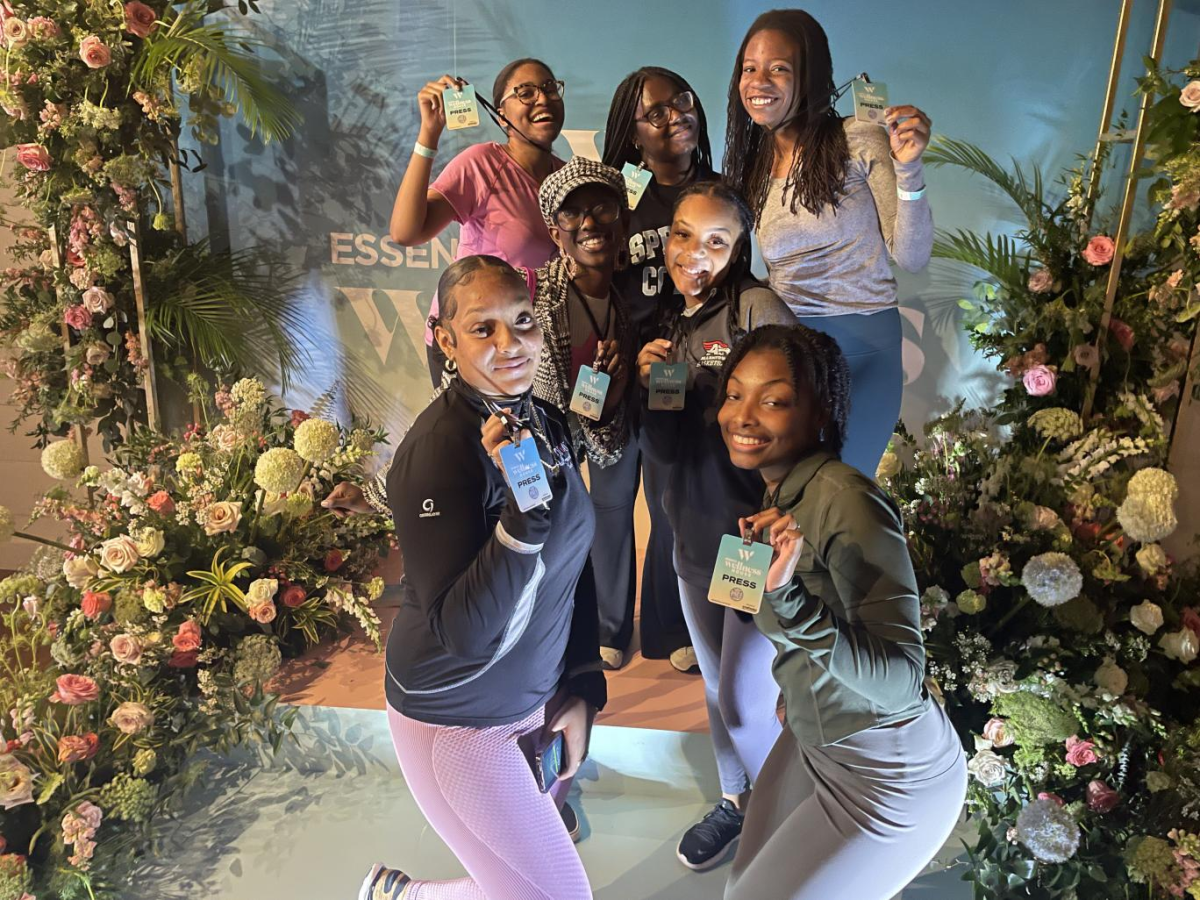For the last year, the world has silently witnessed a genocide happening in Palestine. On Oct. 7, 2023, the Palestinian-led organization Hamas attacked several residential social events in Southern Israel, including a music festival and a beach party. Major media outlets described Hamas as a terrorist group that committed numerous war crimes and humanitarian attacks against Israel. Soon after, Israel bombed the West Bank of Gaza and has continued until the present day.
While many see the action as self-defense, the previous 70 years of Israel attacking, bombing, and oppressing Palestine have not been addressed. “I remember us protesting about it in 2020. My initial reaction was a little bit of confusion.” Maya Daniels stated. Daniels is a senior International Studies major specializing in international development and a minor in Japanese Studies.
“On Oct. 7, everyone said to pray for Israel. Weren’t we protesting for Palestine and all the injustices occurring there? I was really confused about what had changed people’s minds, from my point of view.” she continued. Media coverage from significant outlets has confused the public as to who the real enemy is supposed to be. With years of historical context missing, the atrocities in Palestine have remained under wraps. However, many organizations committed to shedding light on the reality of Israel’s actions have been a constant vocal point for education surrounding the topic.
The Palestinian-led Boycott, Divestment, and Sanctions movement (BDS) is a global movement made up of unions, academic associations, and grassroots campaigns focused on pressuring Israel to stop their occupation of Palestine. As Israel continued to enact warfare on Palestine, the organization published a list of brands and companies funded by or in support of Israel.
The list is divided into four categories. The most relevant would be consumer and organic boycott targets. Consumer boycott targets are companies where the BDS asks for a complete boycott of the relevant companies, which include Puma, Texaco, and Sodastream. Organic boycott targets are brands and companies that the BDS did not initiate but support campaigns that call for boycotting and pressuring. These companies include McDonald’s, Pizza Hut, and Starbucks.
Starbucks has struggled with boycotts and staff strikes in the past due to unfair contract negotiations and scheduling. After the Oct. 7 attacks, boycotters targeted Starbucks after the union, Starbucks Workers United, expressed support for Palestine on Twitter. Starbucks took legal action against the union for using its “name, logo, and intellectual property.” The company claimed the statement was a “misrepresentation…of what we stand for.” As a result, the union sued Starbucks for defamation.
Ta’Niyah Armstrong, a senior Psychology major with a concentration in Mental Health, provides a unique perspective as a former Starbucks employee at Spelman and in her hometown. “It impacted me a lot more than regular consumers because I worked there. Their brand is what I wear every day when I clock in to work.” Armstrong says she wasn’t surprised by Starbucks’ presence on the list. “They’re a terrible company, even before Palestine and Israel. Starbucks has always been a red flag.”
Since then, the company has declined $11 billion in market value since supporters of Palestine and Israel alike have boycotted the company in the U.S., Europe, and the Middle East. As of Dec. 29, 2023, the company affirms, “We abhor hate and strongly reject violence against the innocent.” The president, Ducan Moir, has also gone on record stating the heartbreak he feels about the situation in Gaza. He has donated $3 million to the World Central Kitchen for food aid in Gaza. As Starbucks has made it clear, the company has no political affiliation. However, comments or statements from the company regarding a ceasefire in Gaza have not been announced.
The corporation’s behavior after the debacle is seen as performative from various perspectives, including Armstrong’s. “It’s 100% performative. They will say anything they can to get their customers back,” she explained. “I worked at Starbucks for four years, and I have never seen them come out with so much…they have come out with five new drinks since the boycott started. What is $3 million versus billions of dollars that you’re gaining?” she questioned.
At Spelman College, Starbucks serves as the epicenter. The company sells food and beverages deemed essential for survival as a college student. Making plans with friends and colleagues is effortless, as the cafe serves as an ideal location for meetings and social gatherings. Despite this, after Oct. 7, many students who were aware of Israel’s occupation in Palestine decided to boycott Starbucks.
Amani Tillman, a senior English major, describes what boycotting means to her. “To me, boycotting is a way to resist even when you don’t have much. For example, I don’t have the money to provide financial support for Palestine, but I can boycott establishments that fund Israel’s attacks,” she said.
“By boycotting, you could potentially make those companies or organizations lose money. It’s really helpful because, in our capitalistic system, we thrive off of supply and demand. If you’re cutting off the supply, where is the demand?” Zuraye Alford, a senior Psychology major, described.
Boycotting the campus restaurant not only demonstrated students’ global awareness but it brought overall cognizance to the Palestinian genocide, as well as the humanitarian crises in other related countries such as the Democratic Republic of Congo, Sudan, Lebanon, and many other countries impacted by Israel’s actions. With this being said, a more straightforward opinion may be that a college campus, even at the number one HBCU in the country, could not impact such a multi-million dollar coffee corporation. Though we are a close-knit community of intelligent and socially aware Black women and people, we offer a relatively small stance on a global issue.
Tillman expands on this by saying, “In the grand scheme of things, boycotting often doesn’t really hurt big corporations like Starbucks unless a substantial amount of people boycott. The only time I get Starbucks is when I am on campus because my meal plan allows me to without actually spending any of my hard-earned money. The dining dollars make it feel like I’m not actually supporting them.” The overall experience has made Tillman question how successful boycotting can be when large brands still get money from places like Spelman. We, as Spelmanites, should ask ourselves and each other this relevant question. To boycott successfully, we must consider how important the matter is to ourselves as individuals and those around us.
For example, Armstrong is unafraid to hold her friends and family accountable for buying an Israel-supported brand. “Yes, I’ve worked there, but I know where my morals stand,” she said. Armstrong has distanced herself from the individuals in her community due to the Palestinian genocide. “Being ignorant of the situation is extremely dangerous because by putting money in someone else’s pockets, you don’t know if that is going to kill somebody…sisterhood is sisterhood, but genocide is also genocide,” she stated.
Along with Starbucks, brands such as Coca-Cola are being boycotted for supporting Israel as well. Though we can buy coffee from more than one brand, Coke products are almost everywhere you go in the greater Atlanta area. Therefore, boycotting efforts may seem more burdensome to manage on a campus that is surrounded by products that inherently support genocide.
“Symbolically, it’s putting your money where your mouth is. With Spelman specifically, it’s hard because we’re at the mercy of the administration. We don’t have a say in who funds things on campus. So, it gets hard when making intentional decisions not to give your money to specific organizations, companies, people, etc. It’s unfortunate that Spelman has those problems, but I can only do so much as an individual.” Daniels contemplated.
So, as individuals, what can we do? An alternative to Starbucks within the AUC would be Black Coffee, located at Morehouse College. With better prices and a similar menu, the cafe has proved to be a great addition to the AUC so far. As for purchasing off-campus, many websites track the brand history of many companies and institutions. A few to note would be Disoccupied, Ethical Consumer, and the BDS movement resources and information on their website.
When asked if she would like to see more alternatives to Israel-supported brands, Alford stated, “Of course. It would benefit the community because I get different vibes from different organizations. Starbucks versus organizations that aren’t funded much are healthier than those big organizations, like Coca-Cola,” she noted.
“I think Spelman should be intentional with the companies they allow on campus. Whether it’s a Black-owned company or not, just a company that supports things that your students support because we are giving them our money. If a large group of students is pro-Palestine and fighting against this genocide that’s occurring there, you shouldn’t invite people into this safe space and go against the things that your students are pushing for.” Daniels commented.
Finally, Armstrong observed, “I would hope that if they do get something new that they are going to honor the people already working at Starbucks…so, I would say yes, but to the extent of there will still be available jobs and as long as the prices are looking good because Starbucks is $10 for a drink,” she stated. Armstrong also provided a unique perspective on Black-owned businesses.
“It’s Gen-Z and our connection with a brand…people will say they like shopping Black-owned, but people don’t care about that…it’s Black-owned, but it’s not the billion-dollar corporation you’re used to. People are used to the consistency of what Starbucks and McDonald’s are. People don’t realize when we say Black-owned that we’re losing Starbucks,” she expressed.
Though we owe it to ourselves and individuals halfway across the world to be socially conscious, there can be many obstacles, especially as college students who may not be able to buy from anywhere except what is available on or near campus. But, if Spelman, as an institution, can support our endeavors as students, they should also support what we are passionate about, which includes boycotting brands and companies that support the senseless martyrdom of countless families, children as young as a day old, and college students like ourselves.
